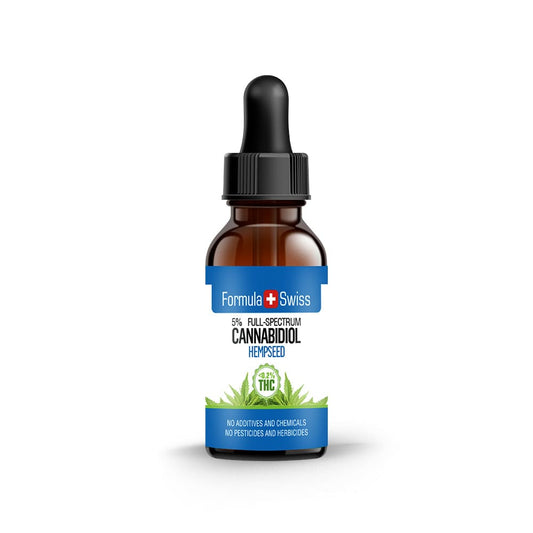Switzerland has recently made headlines by banning the use of Cannabidiol (CBD) in animal feed. This decision has sparked a lot of debate and raised questions about the safety and ethics of using CBD in the animal industry.
In this article, we delve into the reasons behind this ban and its implications.
The Science Behind the Ban
A study conducted by the Bundesinstitut für Risikobewertung (BfR) in Berlin confirmed that cannabinoids, including CBD, can transfer from feed to milk in dairy cows. This poses a risk to consumers, especially vulnerable groups like infants, who consume milk products. The study was published in the journal Nature Food on November 15, 2022.
Historical Context
Switzerland had previously conducted similar studies in the 1990s, which led to the prohibition of hemp as animal feed in 2005. This ban was reaffirmed in 2012 and remains in effect today, particularly for dairy-producing animals.
Regulatory Framework
According to Swiss law, hemp or any of its products in any form is prohibited for lactating animals whose milk is intended for human consumption. The ban also extends to other farm animals, including horses. However, there are no such restrictions for pets.
European Union vs Switzerland
Interestingly, the European Union has not imposed any restrictions on the use of hemp as animal feed. Switzerland's stricter regulations are backed by scientific studies, which have also been acknowledged by the European Food Safety Authority (EFSA).
Failure to comply with these regulations can result in administrative actions and criminal prosecution. This is particularly crucial for Switzerland, as the country exports dairy products, and the presence of THC residues could jeopardize these exports.
Hemp extract produced before January 1, 2021, could be used in pet food until June 30, 2021. Such products can be sold until December 31, 2022, according to Swiss law.
Conclusion
The ban on CBD in animal feed in Switzerland is a result of extensive research and a precautionary approach to public health. While this has implications for the agricultural sector, it aims to prioritize consumer safety above all.







